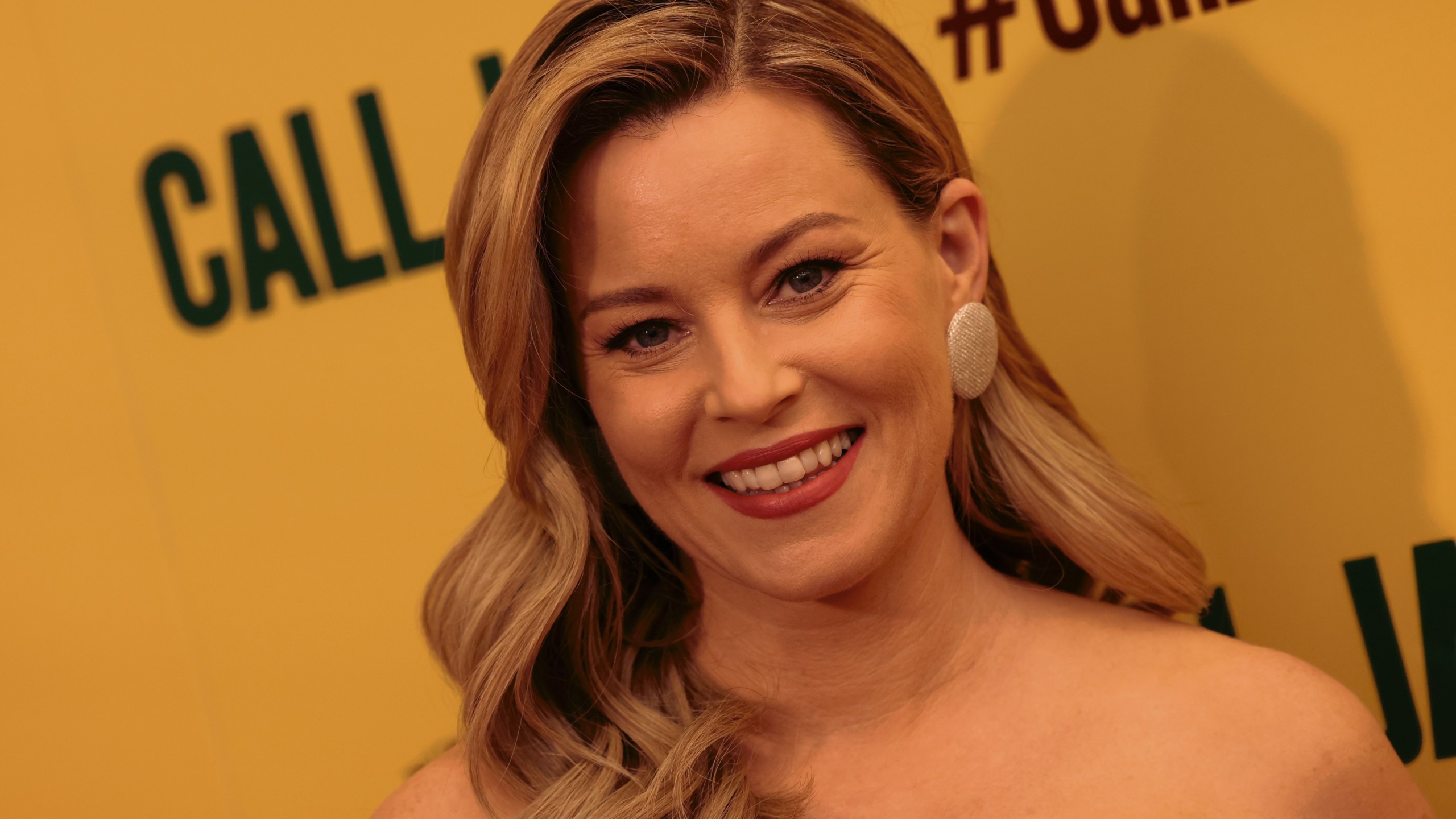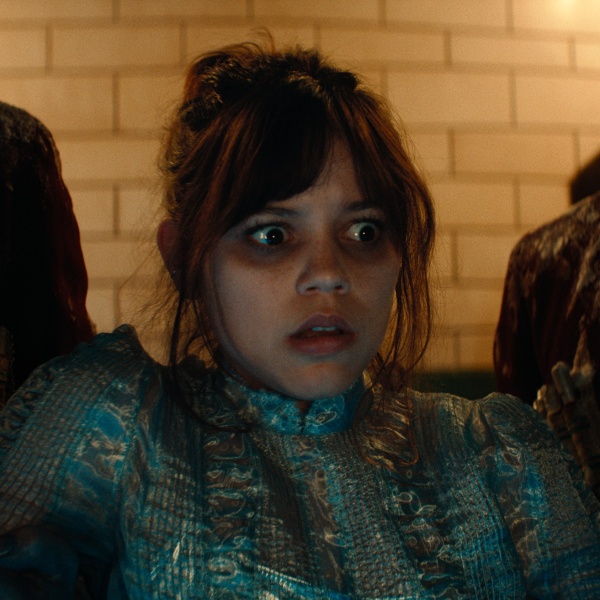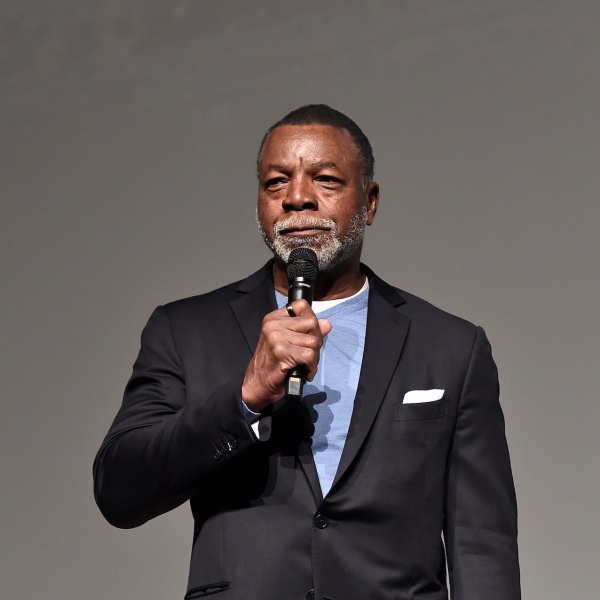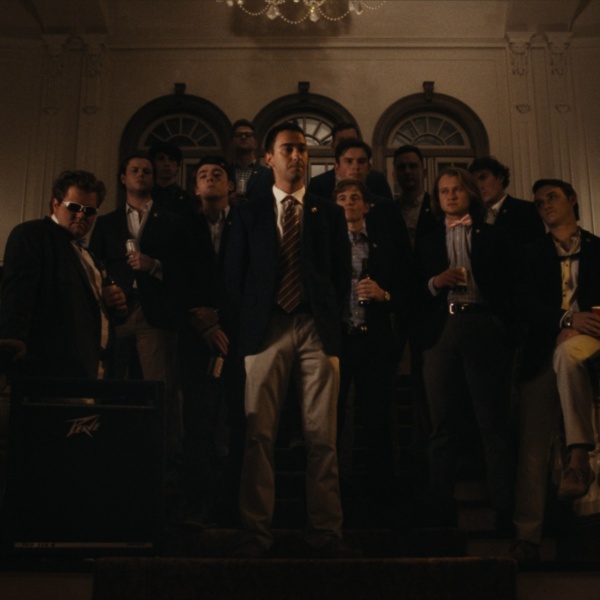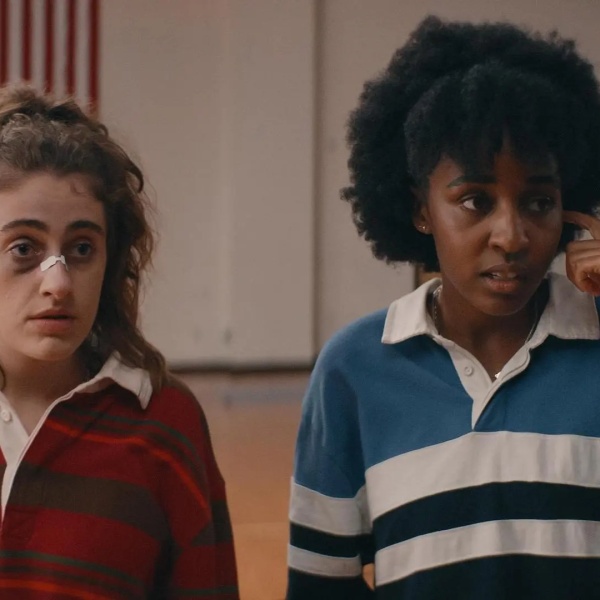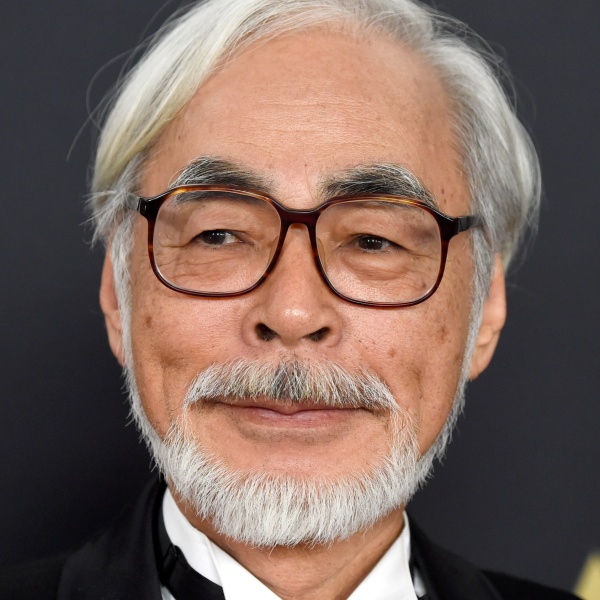Elizabeth Banks is three features into her career as a director, and she has already proven that she can deliver crowd pleasing work in a wide variety of genres. After the success of “Pitch Perfect 2,” she ventured into action filmmaking with her Kristen Stewart-led “Charlie’s Angels” reboot before pivoting to horror comedy with the inimitable “Cocaine Bear.” And she’d prefer not to have her blockbuster filmmaking overshadowed by discussions of gender.
In a new interview with Rolling Stone, Banks looked back on the disappointing box office performance of “Charlie’s Angels.” (The film grossed $73.3 million worldwide against a $55 million budget.) She lamented the fact that the film was billed as an ideologically-driven movie about feminism when she simply set out to make a crowd pleasing blockbuster.
“For me, regardless of what the actual product was, so much of the story that the media wanted to tell about ‘Charlie’s Angels’ was that it was some feminist manifesto,” Banks said. “I just loved the franchise. There was not this gendered agenda from me.”
Banks went on to explain that she made the movie for a broad audience, but the presence of women on both sides of the camera inevitably led to “Charlie’s Angels” being billed as a niche blockbuster.
“That was very much laid on top of the work, and it was a little bit of a bummer,” she said. “It felt like it pigeonholed me and the audience for the movie. To lose control of the narrative like that was a real bummer. You realize how the media can frame something regardless of how you’ve framed it.”
Banks recalled having to ask studio executives to market the film towards men in addition to women. She explained that the experience opened her eyes to the ways that female-led projects are seen as inherently less mainstream in Hollywood.
“I remember having a conversation with someone who was like, ‘You guys are going to have a partnership with Drybar’ — which is, like, a hair-blowing thing — and I was like, ‘Alright… but could we have an ad during the baseball playoffs? It’s not only this one thing.’” she said. “It was interesting to see how the industry sees things that star women. It was a real lesson for me.”
